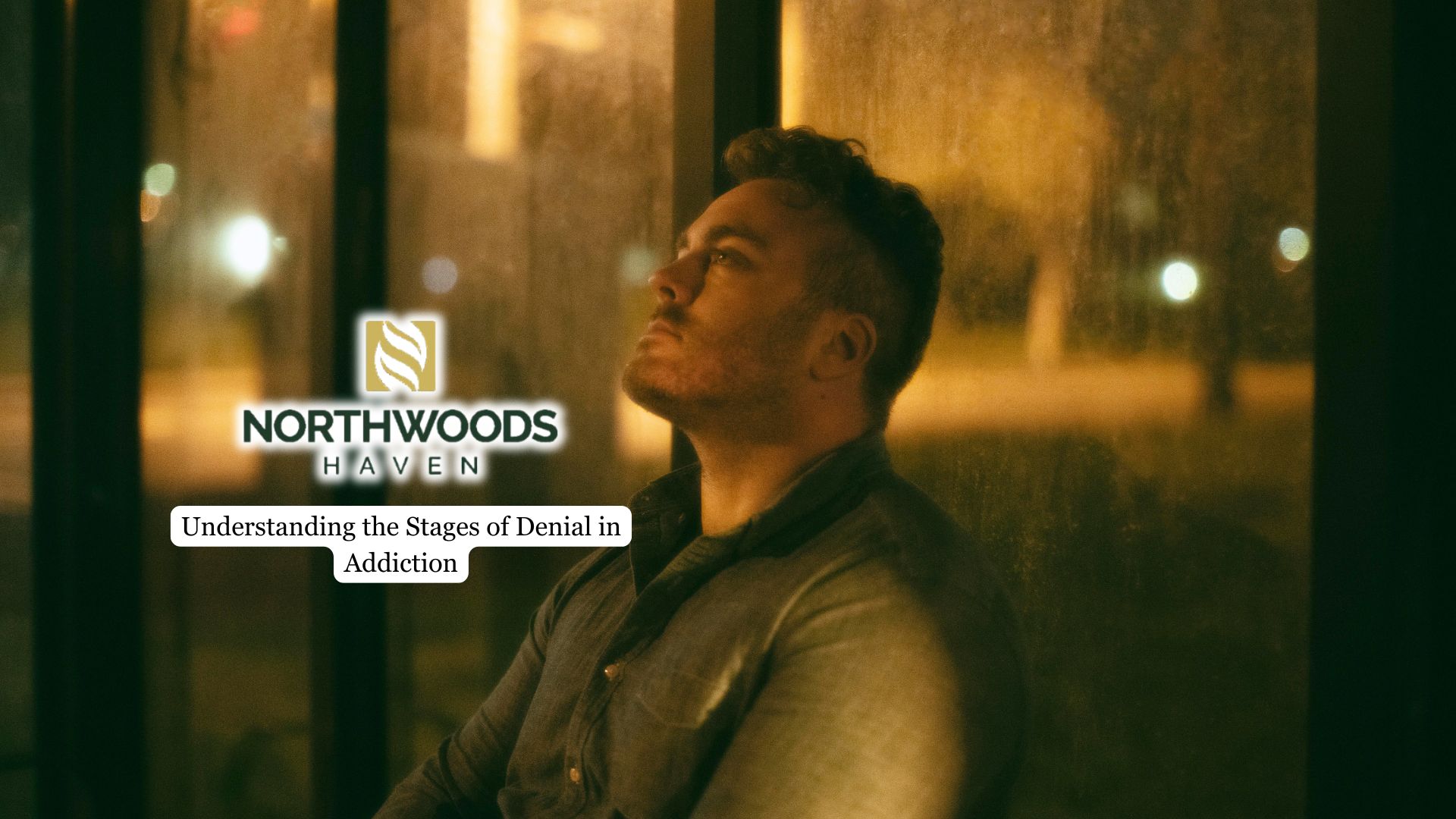Denial is one of the most powerful barriers in addiction recovery. It allows individuals to avoid facing the reality of their substance use and delays acknowledgment that help is needed. Exploring the stages involved, both individuals and their loved ones can recognize the signs earlier and take meaningful steps toward change.
This article examines how this barrier develops, the different forms it can take, and the treatment methods that can help address and overcome it.
How Denial Shapes Addiction
Denial works as a psychological defense mechanism, shielding people from the discomfort of confronting their harmful behavior. It allows them to dismiss evidence of harm and silence concerns raised by others. It is not a conscious choice but rather a deeply ingrained coping strategy that masks guilt, shame, or fear of change.
For individuals with substance use issues, this may feel protective, but it fuels ongoing harm. Recognizing denial as part of the addiction cycle is the first step in breaking through it, often by gradually engaging with professional help such as outpatient treatment programs that provide structured support while allowing individuals to maintain aspects of daily life.
Stage One: Minimization
Individuals acknowledge their substance use but consistently downplay its severity. They may admit to drinking or drug use but insist it is under control or less harmful compared to others.
Examples include statements such as, “It’s not that bad,” or “I only use it on weekends.” Minimization prevents early intervention by creating a false sense of control. As time goes on, it can delay important conversations with loved ones and cause individuals to overlook warning signs such as changes in health, work performance, or relationships.
Stage Two: Rationalization
Rationalization occurs when individuals justify their substance use with seemingly logical explanations. They might claim they use alcohol or drugs to manage stress, cope with trauma, or improve performance. While these justifications may sound convincing, they deflect attention away from the growing problem.
This becomes a way of normalizing destructive behaviors, making it harder to recognize addiction’s long-term consequences. It may also convince the person and those around them that continued use is acceptable, even as risks such as accidents, financial difficulties, or declining health increase.
Stage Three: Blame and Deflection
At this stage, individuals often shift responsibility onto others or outside circumstances. They may say a difficult job, a troubled relationship, or financial stress is the real problem, not their substance use. Blame and deflection protect the person from feelings of guilt or shame, but they also strain relationships and prevent accountability.
This reaction can leave loved ones feeling frustrated and powerless. Over time, repeated deflection of responsibility can create ongoing conflict within families, cause breakdowns in trust, and discourage individuals from seeking honest self-reflection.

Stage Four: Resistance to Help
As addiction progresses, denial may evolve into active resistance. Even when presented with evidence such as health issues, job loss, or legal consequences, individuals may reject offers of help. They might claim they can quit anytime or insist that treatment is unnecessary.
Resistance keeps individuals stuck in the cycle of addiction, often until the consequences become overwhelming. This stage often involves rejecting medical advice, dismissing concerned loved ones, or refusing professional support programs. It is only after repeated crises or severe consequences that resistance begins to break down, often highlighting the need for timely professional intervention to guide the recovery process.
Moving Beyond Denial
Recognizing denial is a critical turning point in addiction recovery. Confronting these stages often requires compassionate support from loved ones, mental health professionals, and structured programs. Exploring available treatment options such as therapy, group counseling, or outpatient care helps individuals gain accountability and reduce harmful patterns.
Family education and support groups can also guide people toward choosing the right help for their specific situation. With this support, individuals can begin to see how denial has fueled their struggles and take proactive steps toward lasting healing.
Final Thoughts from Northwoods Haven Recovery
Denial is not simply a refusal to see reality. It is a layered process that protects individuals from pain but prolongs the suffering caused by addiction. Identifying its stages, families, and individuals can help them better understand the barriers to recovery and the importance of addressing them with compassion and clarity.
At Northwoods Haven Recovery, we provide structured outpatient addiction treatment programs in Minneapolis that help individuals confront denial and move toward acceptance. Through evidence-based therapies, compassionate guidance, and supportive care, our team helps clients build the foundation for long-term recovery. With the right tools and environment, change is possible, and healing can begin.



